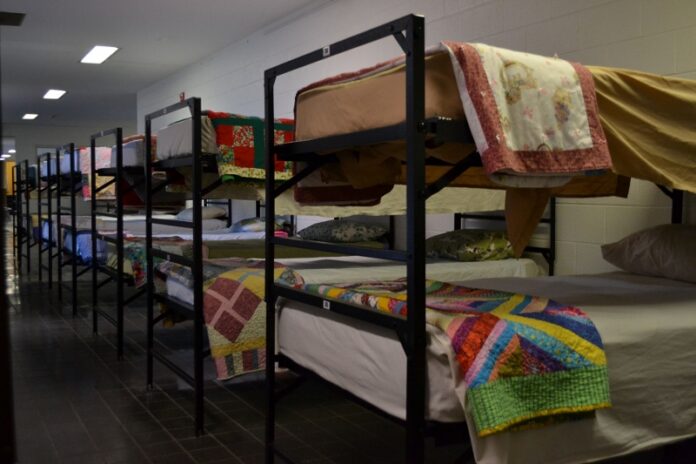 The 2018 Point in Time (PIT) count was conducted on Jan. 24 with all individuals experiencing homelessness in the region counted and voluntarily surveyed.
The 2018 Point in Time (PIT) count was conducted on Jan. 24 with all individuals experiencing homelessness in the region counted and voluntarily surveyed.
This year’s total count (not chronic but inclusive of that population) was 317, a slight increase of 18.7 percent over last year (267). This spike included people from all sub-populations highlighting the need for both affordable housing and living wage employment opportunities.
When asked why they had become homeless, those people completing the survey were most likely to cite loss of housing and loss of employment. Combined, this accounted for 36 percent of those surveyed.
People needing the most intensive services – the chronically homeless – decreased, showing that the Blue Ridge Continuum of Care focus on housing the most vulnerable first works. Using combined resources, the Continuum has been able, since 2012, to reduce overall homelessness by 43.5 percent, veteran homelessness by 48.6 percent, and family homelessness by 44 percent.
PIT counts of sheltered and unsheltered people experiencing homelessness occur annually in localities across the country. This count takes place on a single night in late January each year. Data collected from the Homeless Management Information System (HMIS) and in-person surveys provides valuable information to area service providers, policy makers, and the general public on the individual and family challenges, and barriers associated with homelessness.
The Blue Ridge Interagency Council on Homelessness, the governing body for homeless services in the region, is the lead entity that conducts the PIT count for the Roanoke Region (Alleghany County, Botetourt County, Craig County, Roanoke County, the City of Covington, the City of Roanoke and the City of Salem).
While the region continues to have challenges, system-level collaboration and investments in rapid re-housing strategies, targeted homelessness prevention services, and Housing First models implemented through permanent supportive housing programs continue to support the overall trends.
The Blue Ridge Interagency Council on Homelessness and the region’s service providers are committed to continuing to invest in best practice service models and in expanding the permanent housing solutions available to individuals in crisis. These efforts will continue until all of our neighbors have a safe, stable place to call home.
For more informationcontact Paula Prince, Chair, Blue Ridge Interagency Council on Homelessness, at [email protected].
